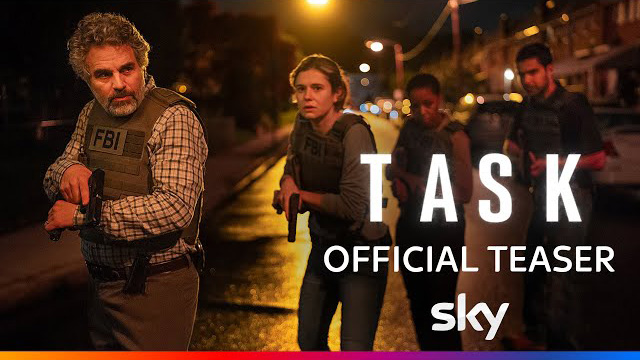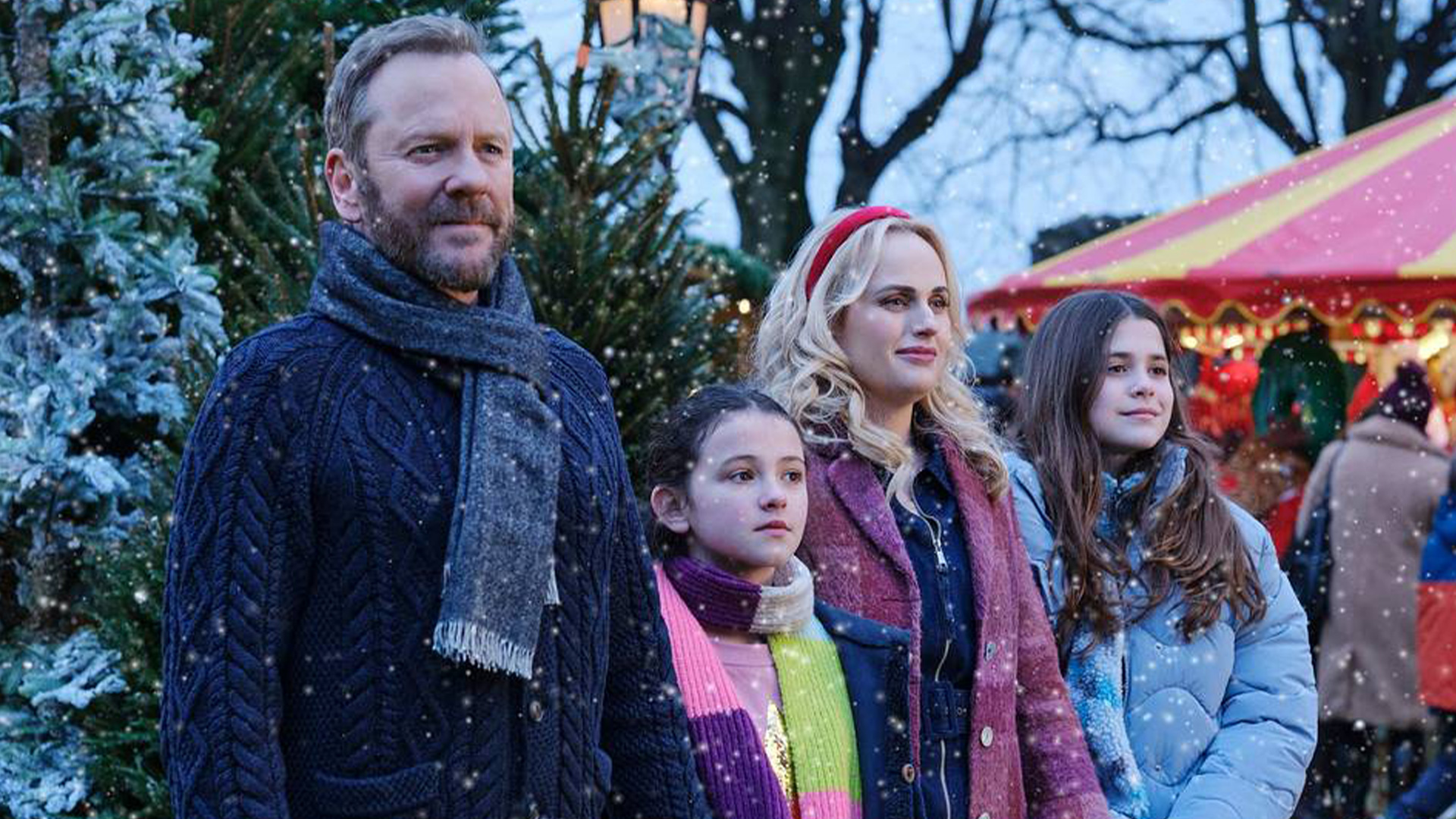Landmark Day for open justice as first broadcasts can take place from the Court Of Appeal
PUBLIC CAN SEE FOOTAGE OF PROCEEDINGS FROM THE COURT OF APPEAL FOR THE FIRST TIME
Tomorrow (31st October, 2013) marks the first day of television broadcasting being permitted from the Court of Appeal following years of campaigning by BBC, ITN, Press Association and Sky News.
The Ministry of Justice has introduced legislation to allow cameras into the Court of Appeal. Only judges and lawyers will be seen or heard, with footage and images made available for as-live broadcast and publication.
It is intended that the filming will open up the workings of the Court of Appeal, engage the public in the legal system and make justice more transparent. There are a number of safeguards in place to protect the administration of justice, ensure no disruption to proceedings and protect witnesses and victims. Measures include:
· Some cases will be broadcast live with a 70 second delay to allow the removal of anything that contravenes broadcasting regulations or standard court reporting restrictions – such as contempt of court laws and court orders
· Appeals against conviction which might result in a re-trial will only be shown once the case is decided
· The judge can order no filming or broadcasting if it is in the interests of justice or to prevent undue prejudice
· There will be no broadcasting or audio of private discussions between judges and between counsel in the courtroom
· Discreet camera positions are operated by a Court Video Journalist (CVJ)
· Whilst there are various camera angles, there is only a mixed feed from each courtroom with no opportunity for isolated shots
· The footage can be used in a news and current affairs context only, not other genres such as satire, entertainment or commercial use in advertising
In recent months, the media companies have worked with the courts and the judiciary to wire and test five of the criminal and civil courtrooms used by the Court of Appeal. The recordings will then be distributed via production hubs at BBC, ITN, Press Association and Sky News. As the Court Video Journalist uses mobile equipment and cameras, proceedings in the remaining courts used by the Court of Appeal will be able to be recorded and then broadcast when required using existing broadcasting technology.
The Court Video Journalist, Matt Nicholls, will deploy and operate the production equipment and mobile cameras. Funded jointly by BBC, ITN, Press Association and Sky News, Matt also co-ordinates with newsdesks at the media partners regarding which cases to cover. He is an experienced court reporter with both legal and journalistic qualifications.
James Harding, BBC Director of News and Current Affairs, said: “This is a landmark moment for justice and journalism. It is a significant step on the way to helping millions of viewers gain a greater understanding of how our judicial system works.”
John Hardie, CEO at ITN, said: “Filming in courts has been a long time coming and is for the benefit of open justice and democracy. Never before will television viewers have had such an insight to justice being seen to be done. I salute those in our organisations who have worked tirelessly over many years to overturn the ban and the politicians and judiciary who have finally brought about change.”
Clive Marshall, CEO at the Press Association, said: “Delivering on our long held ambition to film court proceedings is a significant moment in news reporting and testament to many hours of hard work. Broadcasting from the Court of Appeal will help increase judicial transparency, while fulfilling the rising public demand to receive news services in multimedia format. We at PA are looking forward to working with our partners to deliver this service.”
John Ryley, Head of Sky News, commented:“After a long campaign, this is hopefully just the first step towards opening up most courtrooms to cameras and giving everyone a seat in the public gallery of our judicial system. Seeing justice being done will no longer be restricted to those members of the public who have the opportunity and time to go to court. We anticipate that the next step should be to allow the filming of sentencing remarks in criminal trials, which the coalition government envisaged when it first announced the lifting of the camera ban two years ago.”
Courts Minister Shailesh Vara said: “This is a landmark moment that will give the public the opportunity to see and hear the decisions of judges in their own words. It is another significant step towards achieving our aim of having an open and transparent justice system.
“We are clear that justice must be seen to be done and people will now have the opportunity to see that process with their own eyes. It will also help further the public’s understanding of the often complex process of criminal and civil proceedings.
“While this marks an opening up of the court process we will always balance the need to make the justice system more accessible with the needs of victims and witnesses. That is why we will ensure that throughout the court process, they will not be filmed.”
Ends




